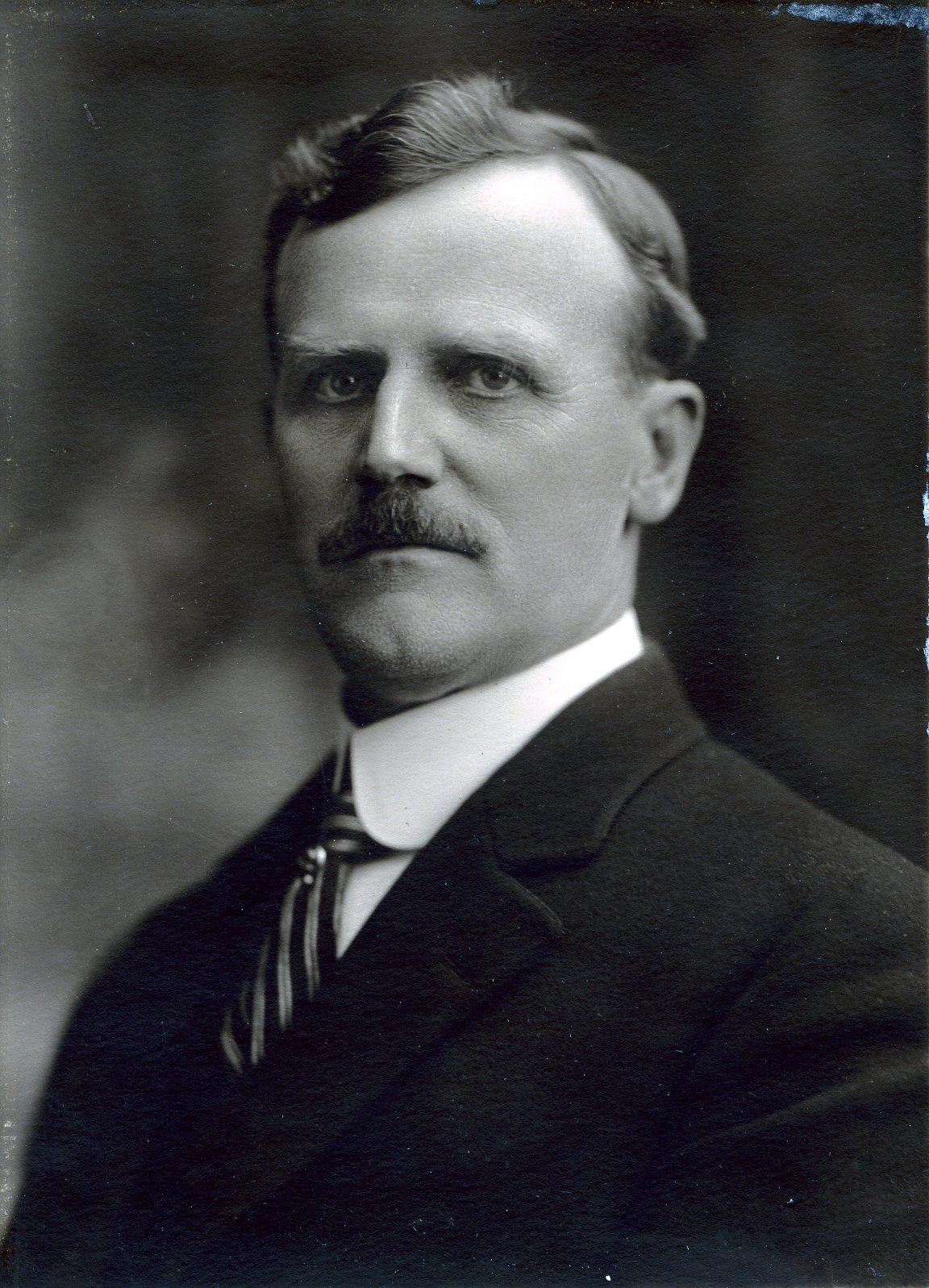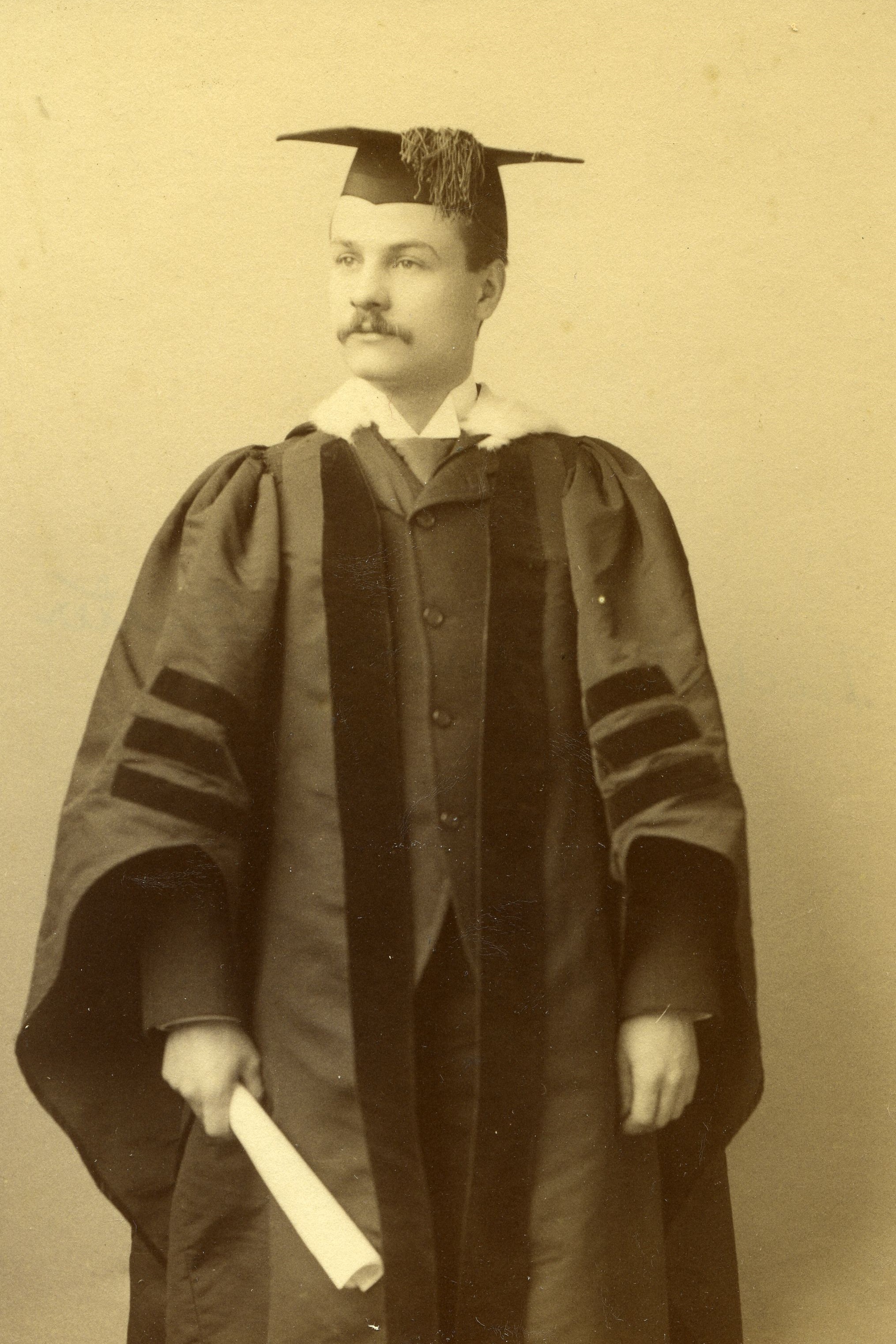Member Directory,
1847 - 1922
James C. Egbert
Archaeologist/Editor
Centurion, 1912–1948
Nicholas Murray Butler and William A. Keener
New York (Manhattan), New York
New York (Manhattan), New York
Age fifty-two
Westfield, New Jersey

Century Memorial
James Chidester Egbert. [Born] 1859.
Teacher, scholar, organizer, he died in his ninetieth year after a career which, if it could not be documented, would be incredible.
His name appeared continuously in the catalogues of Columbia University for seventy-one years, only six of which were in retirement. He taught Greek and Latin, Roman archaeology and epigraphy for fifty-seven years. He wrote a doctoral dissertation on Pindar. His “Introduction to the Study of Latin Inscriptions” is yet a standard work; he never ceased being a scholar, and the literature of ancient Rome and the study of her documentary records as preserved on stone remained closest to his heart. Some thirty volumes of classical studies bear his name on their title pages.
But this is only the beginning of the story of Dr. Egbert: In 1919, at the age of sixty he was, at one and the same time, Professor of Latin, Director of the Summer Session at Columbia, Director of University Extension, Director of the School of Business, Chairman of the Administrative Board of the School of Dentistry, President of the Long Island College Hospital Medical Board, and President of the Archaeological Institute of America. Nor were these temporary jobs: of University Extension he was the Founder and he was Director of it for thirty-two years ; he was Director of the Summer Session for eighteen years in succession to his friend Nicholas Murray Butler, who proposed him for the Century; he was Director and Dean of the School of Business, which he had founded, for sixteen years; he was President of the Long Island College Hospital Medical School for fourteen years.
He was modern, he was modest, and he had time for everything. In the Century, he welcomed you enthusiastically and contradicted you vigorously. He laughed heartily, readily and gaily. He always was eager for new ideas and courageous in putting them to the proof. The Centurian Board of Trustees of the American Academy in Rome, among whom Dr. Egbert was a power for forty-five years, declared upon his retirement that he exemplified Bulwer Lytton’s saying that “the classics are always modern.”
In Dr. Egbert’s life, the saying was true to the facts.
Source: Henry Allen Moe Papers, Mss.B.M722. Reproduced by permission of American Philosophical Society Library & Museum, Philadelphia
Henry Allen Moe
Henry Allen Moe Papers, 1948 Memorials


